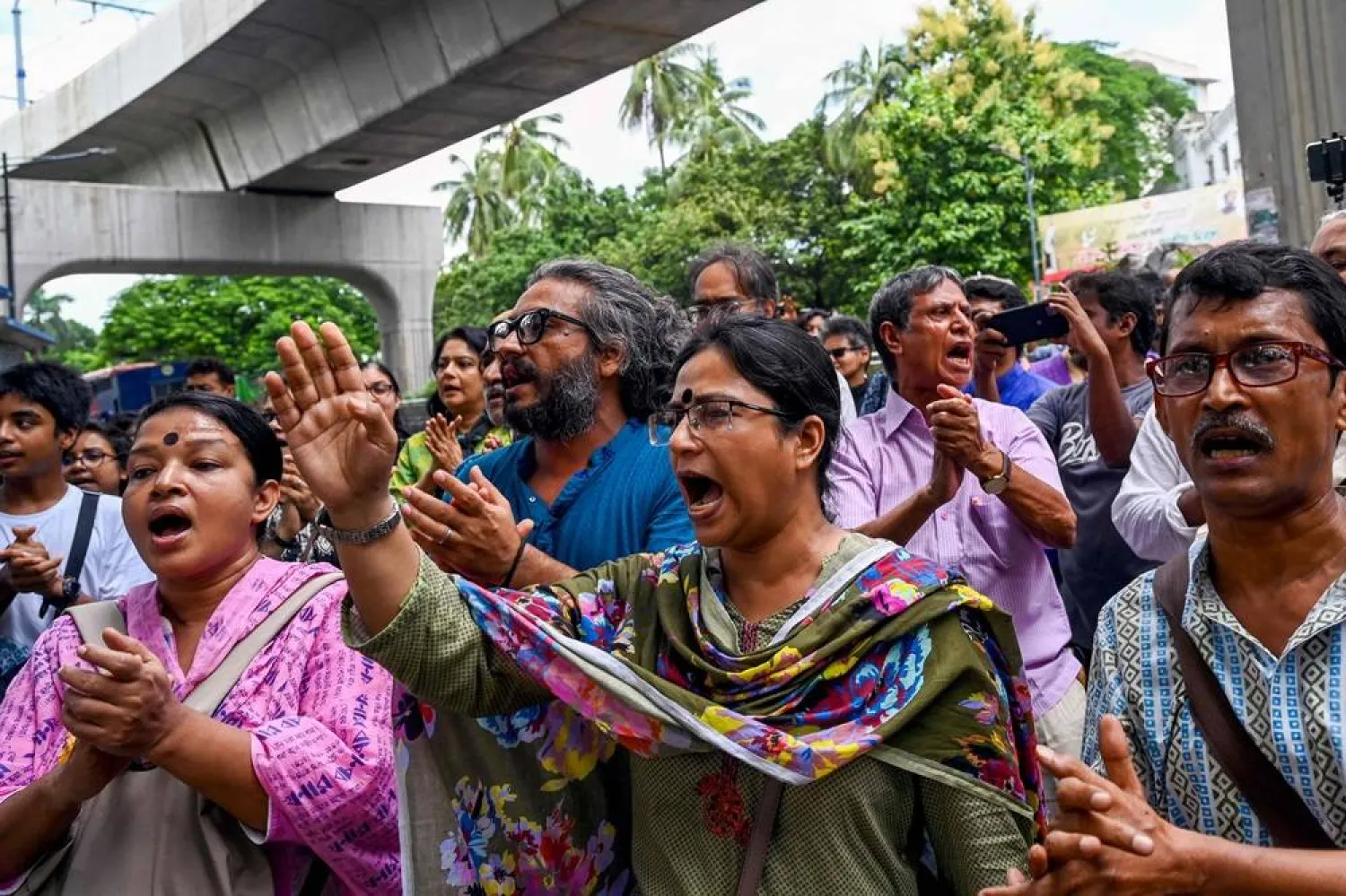Bangladesh said three student leaders had been taken into custody for their own safety after the government blamed their protests against civil service job quotas for days of deadly nationwide unrest.
Students Against Discrimination head Nahid Islam and two other senior members of the protest group were Friday forcibly discharged from hospital and taken away by a group of plainclothes detectives.
The street rallies organized by the trio precipitated a police crackdown and days of running clashes between officers and protesters that killed at least 201 people, according to an AFP tally of hospital and police data.
Islam earlier this week told AFP he was being treated at the hospital in the capital Dhaka for injuries sustained during an earlier round of police detention.
Police had initially denied that Islam and his two colleagues were taken into custody before home minister Asaduzzaman Khan confirmed it to reporters late on Friday.
"They themselves were feeling insecure. They think that some people were threatening them," he said.
"That's why we think for their own security they needed to be interrogated to find out who was threatening them. After the interrogation, we will take the next course of action."
Khan did not confirm whether the trio had been formally arrested.
Days of mayhem last week saw the torching of government buildings and police posts in Dhaka, and fierce street fights between protesters and riot police elsewhere in the country.
Prime Minister Sheikh Hasina's government deployed troops, instituted a nationwide internet blackout and imposed a curfew to restore order.
- 'Carried out raids' -
The unrest began when police and pro-government student groups attacked street rallies organized by Students Against Discrimination that had remained largely peaceful before last week.
Islam, 26, the chief coordinator of Students Against Discrimination, told AFP from his hospital bed on Monday that he feared for his life.
He said that two days beforehand, a group of people identifying themselves as police detectives blindfolded and handcuffed him and took him to an unknown location to be tortured before he was released the next morning.
His colleague Asif Mahmud, also taken into custody at the hospital on Friday, told AFP earlier that he had also been detained by police and beaten at the height of last week's unrest.
Police have arrested at least 4,500 people since the unrest began.
"We've carried out raids in the capital and we will continue the raids until the perpetrators are arrested," Dhaka Metropolitan Police joint commissioner Biplob Kumar Sarker told AFP.
"We're not arresting general students, only those who vandalized government properties and set them on fire."









